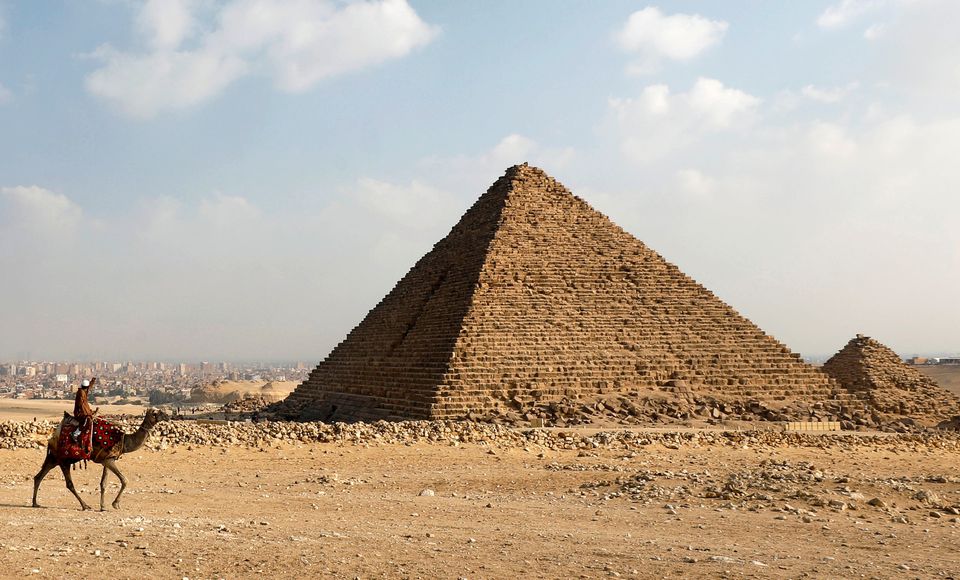The International Economic Forum, one of leading institutions in the field of economic research, issued a report on competitiveness in 2017, citing Egypt as the second cheapest tourist destination
in the world.
The report cited the fact that Egypt has made impressive strides in the field of tourism over
the past couple of years, and commended the government on their efforts by improving infrastructure and making an effort to improve touristic sites.
Egypt ranked as the 37th country in government efforts to boost tourism, a jump of 32 places.
Moreover, the report also commended Egypt on jumping nine places in two years, becoming the 74th
most favorable tourism destination in the world.
According to the report, Egypt is on its way to healing, citing 2015 as the year where Egypt began to leave its long tourism recession that began in 2011, as Egypt welcomed for the first time in four years nine million international tourists.
The numbers still don’t compare to tourism figures prior to 2011 when the numbers reached 14 million tourists in 2010.
However, the report says that despite all efforts, the main hurdle for tourism
remains the security threat that Egypt still faces, especially with regards to terrorism.
The report concluded on a hopeful note, saying Egypt’s efforts to boost tourism will have a
major payoff as soon as the country’s security problems are solved.
While some may view Egypt coming in as the second cheapest country in the world for
tourists as a good thing, since price competitiveness is extremely important when attracting
tourists, author Mustafa Al-Naggar disagrees.
In an article he wrote for Al-Ahram, Al-Naggar says, “while some, including those who
issued the report, may view this (Egypt coming in second place in price competitiveness) as a
competitive strength to attract tourists and increase numbers, we view this as the exact
opposite.”
“Egypt coming in such a late place proves a huge waste of Egypt’s tourism resources
and a pressure to infrastructure.”
He continues to pose the question, “Is success measured by the number of tourists or by the economic benefit that tourism brings to the national economy?”
Al-Naggar’s argument is supported by other factors that prove that Egypt’s affordability for
tourism isn’t helping it in other fields.
Egypt came in second last place when it comes to training workers, proving that the country being cheap for tourists might have to do more with the quality of service it provides rather than competitiveness.
It is also supported by the fact that the same report ranked Egypt in 109th position out of
136 in its ability to market its tourism directly to attract tourists.
However, Egypt did take one positive step: improving its visa procedures and decreasing its requirement for a visa, ranking 51 on this criteria, according to the report.
In the recent years Egypt has made efforts to boost tourism, this year hosting the World Youth Forum and the Africa 2017 conferences in Sharm El-Sheikh.
The first conference invited youth from all over the world to visit Egypt to talk about the future of the
world.
While Egypt was trying to send a political message for openness it was also trying to send a message that it is a safe and enjoyable country to visit.
Egypt also released a promotional campaign titled “This is Egypt” which aimed to promote Egypt’s best tourism assets.
The campaign video won best promotional video in the Middle East.
However, there has been several terrorist attacks in the past few years especially on
churches that could discourage tourists from coming such as the Palm Sunday attack last
April and the Egypt Air plane bombing in 2016.




